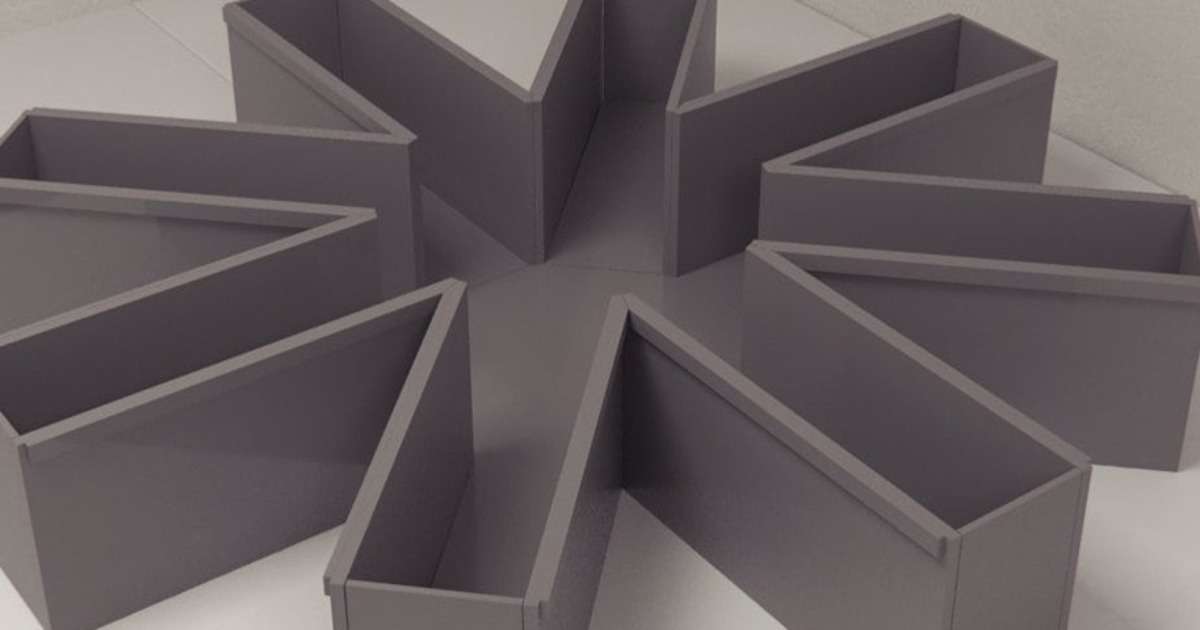
Radial Arm Maze: The Basics
The radial arm maze is an apparatus consisting of a circular center compartment from which 8 equally spaced «arms» extend. Researchers use it to measure two forms of memory known as “reference memory” and “working memory.”

Determining the best housing strategy for mice
When using animal models for scientific research, their welfare should be a priority. Here, we're looking at the effects of different housing strategies for mice, and how PhenoTyper provides researchers with insight.
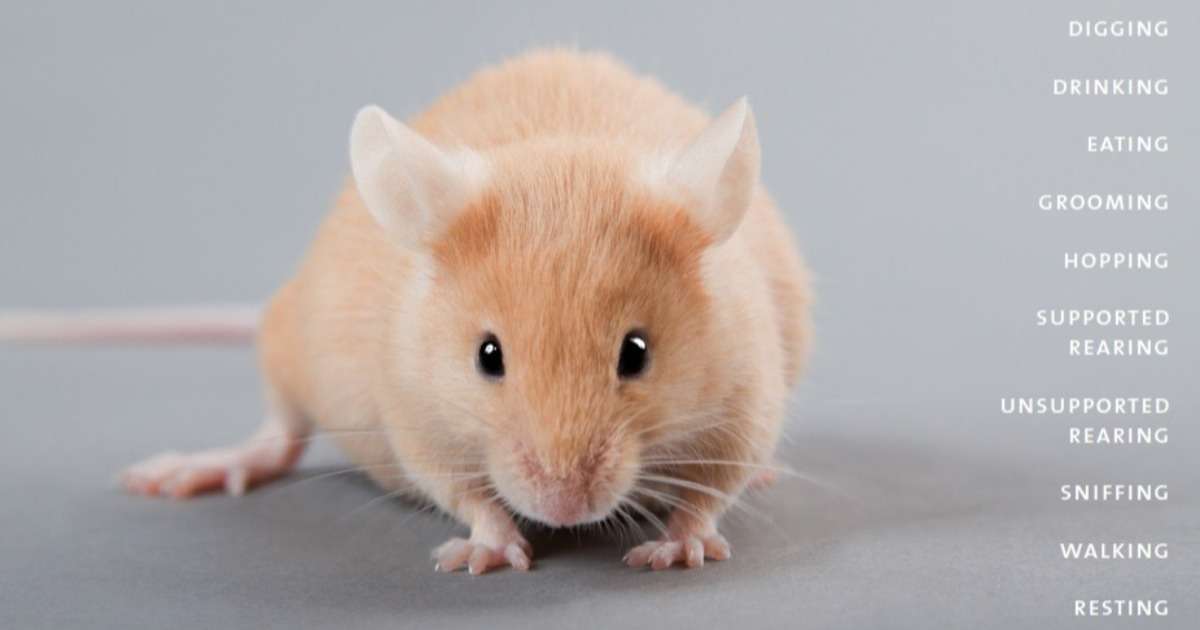
5 EthoVision XT webinars for you to watch
In this blog you’ll find five webinars on EthoVision XT from five different angles. Each webinar will get you more in depth on how to use EthoVision XT in your own study or research.
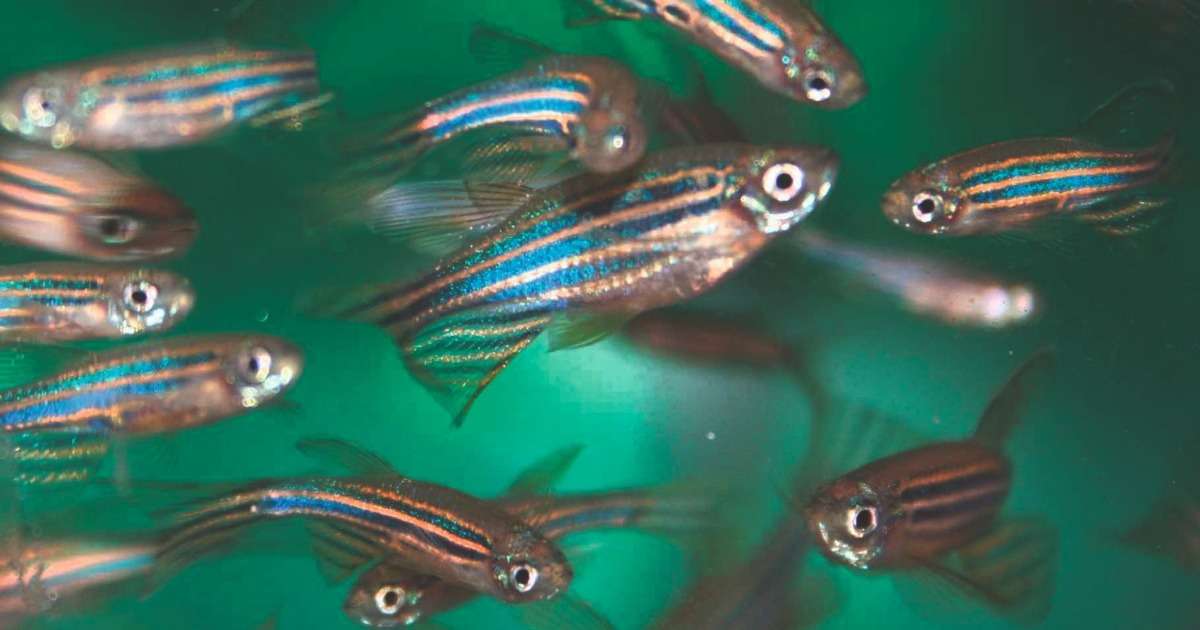
Studying zebrafish behavior using video tracking software
When it comes to studying zebrafish behavior, video tracking software is the ideal tool. Here we highlight five recent posts about studies on zebrafish behavior where researchers applied video tracking software.
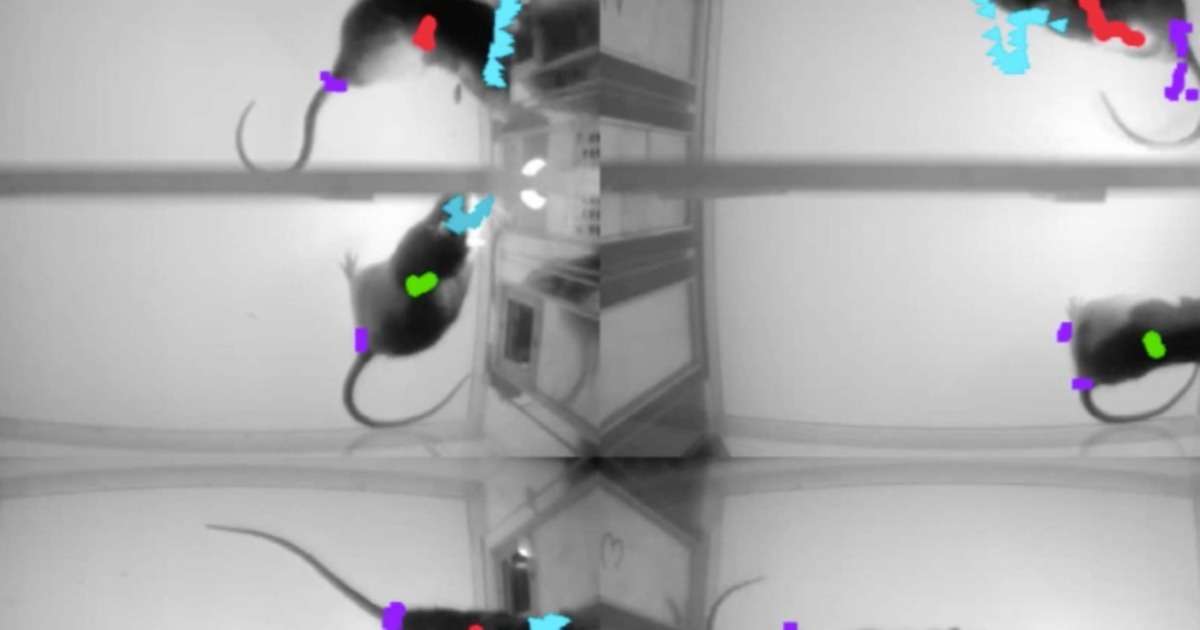
5 blogs on why you should use video tracking in behavioral research
In this blogpost you can find an overview of our top 5 favorite blogs on why you should use video tracking in your behavioral research.
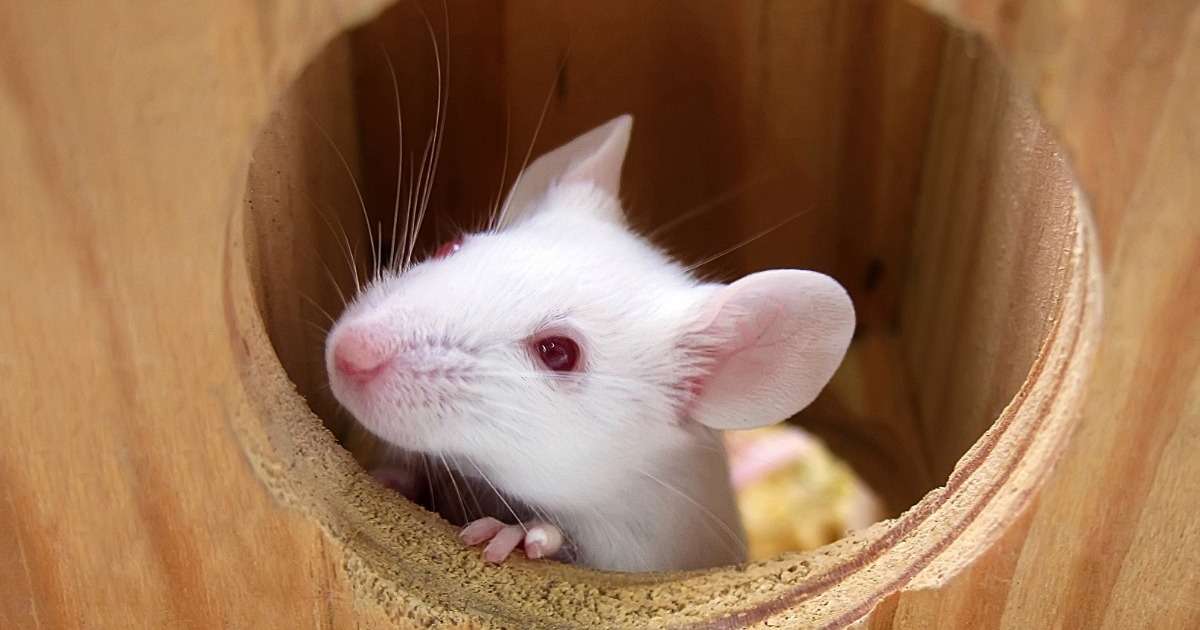
Environmental enrichment rescues autistic-like behaviors in mice
A recent mice study from The Scripps Research Institute shows that behavioral therapy might still be successful in later diagnosis of ASD with macrocephaly, laying groundwork for successful late interventions.
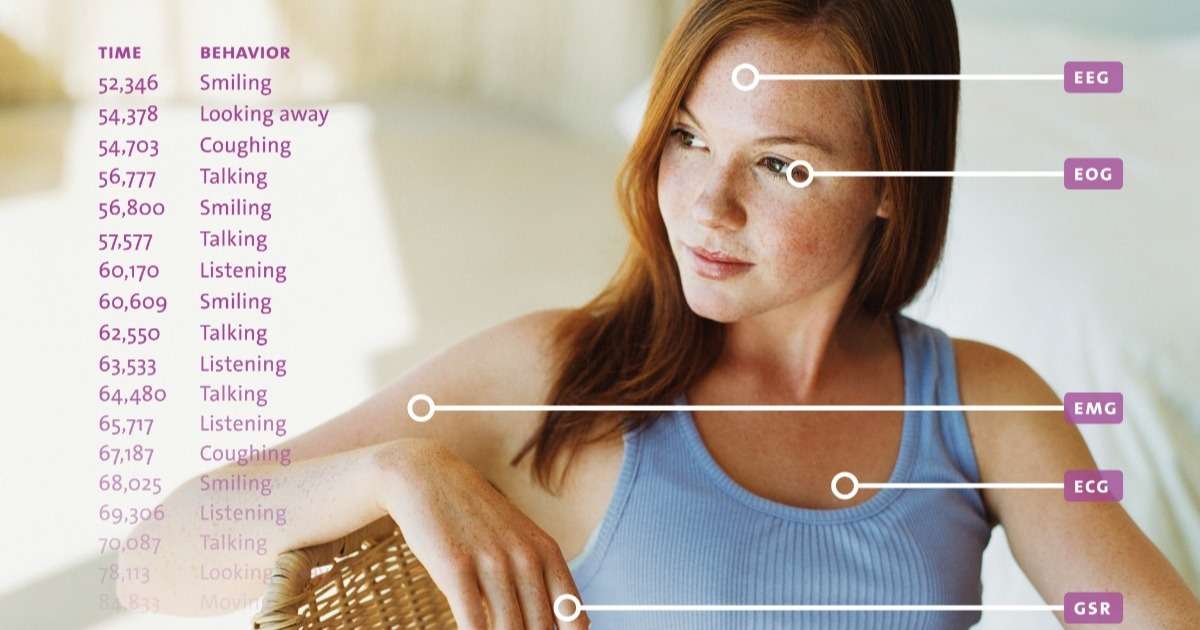
Five studies showing the power of multi-modal data in behavioral research
The advantages of using multimodal data over a single modality are that it reveals deeper insights and also if one modality fails there can be enough redundancy in the data to still make sense of it.

Advancing the novel object test: 3D printing and deep learning
To improve standardisation and consistency in the novel object test, Spry et al designed the 'CapTouch' system: capacative objects that can automatically register interaction. But what about deep learning in EthoVision XT?
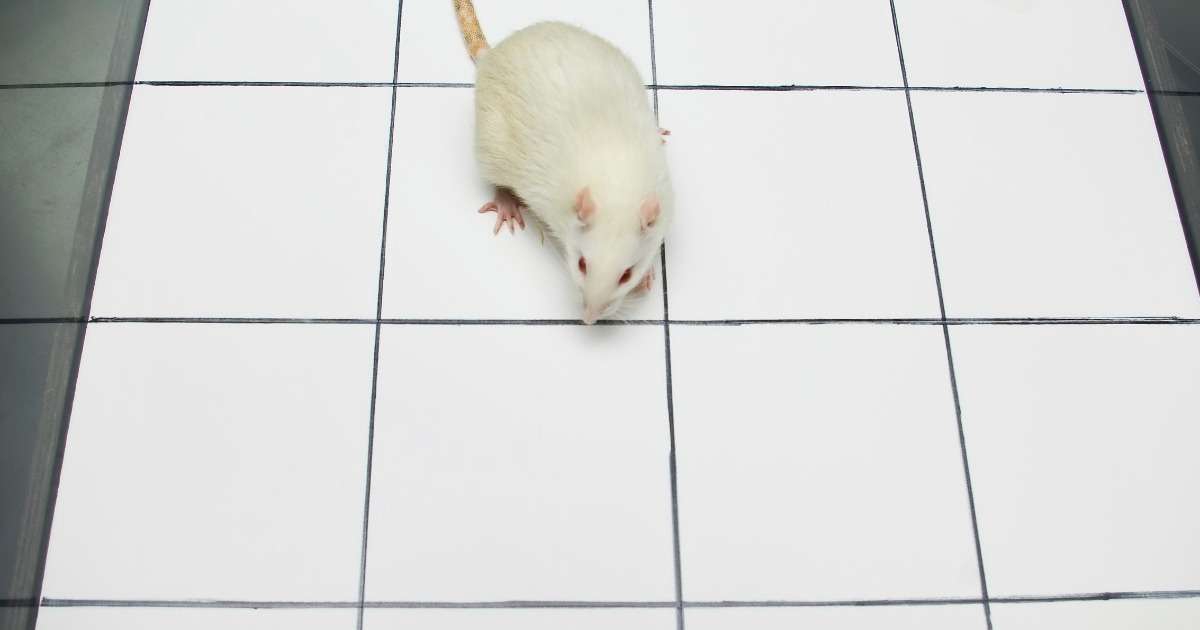
The open field test: A staple in behavioral batteries
The open field test is a locomotor, exploratory and/or anxiety test. Can we measure all these behaviors in a simple enclosed arena? This is exactly what we talk about in this blog, and the discussion surrounding this.

Sunshine and romance: ultraviolet light enhances sexual behavior
Ultraviolet B rays in sunshine enhances our romantic passion. How this actually works is still largely unknown. Research at the Tel Aviv University provides new insights.
